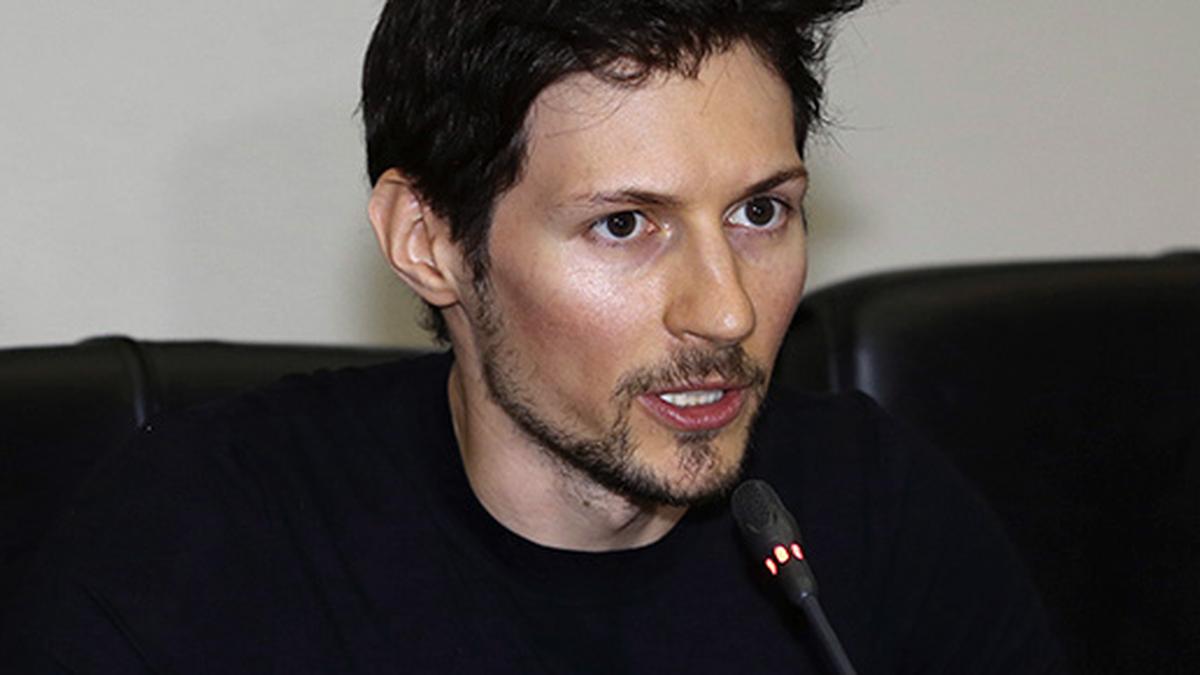Pavel Durov, the founder of the popular messaging app Telegram, has spoken out about his recent detention in France, claiming the authorities’ approach was misguided and that the app has been unfairly painted as a haven for criminal activity.
Durov, who holds French nationality despite being born in Russia, was detained late last month amidst an ongoing investigation into alleged crimes related to child pornography, drug trafficking, and fraudulent transactions connected to Telegram. He was subsequently released and has now broken his silence on the matter.
Telegram’s Transparency and Access to Communication
Durov, in a statement posted to his Telegram channel, asserted that French authorities had alternative channels for communication before resorting to detaining him. He highlighted the existence of a “hotline” specifically designed for facilitating communication with law enforcement agencies, emphasizing the readily accessible means of addressing concerns about the app. Durov further highlighted that Telegram had a dedicated EU representative, accessible for any inquiries.
This suggests that the authorities, in Durov’s view, deliberately chose a confrontational approach rather than attempting to engage with the company directly. Durov argues that the established protocol for addressing issues with online platforms involves initiating legal action against the service itself, rather than seeking to criminalize its CEO for actions of third parties.
Defending Telegram’s Integrity: Not an “Anarchic Paradise”
Durov’s statement firmly refuted accusations of Telegram being an “anarchic paradise” for illicit activities, presenting the platform as proactive in combating harmful content. He stated that Telegram regularly removes millions of “harmful posts and channels” each day, implying robust measures are in place for moderating and policing the platform’s content. This assertion underscores Telegram’s commitment to maintaining a relatively safe and regulated environment.
The allegation of Telegram as a haven for illegal activities may stem from the platform’s encrypted messaging capabilities, a feature praised for privacy but potentially perceived as a shield for criminal activity by some. However, Durov argues that this focus on security should not be conflated with a lack of responsibility or negligence.
Legal Misinterpretation: Pre-Smartphone Era Laws
Durov pointed out the potential inappropriateness of employing legal frameworks from the pre-smartphone era to address issues in the context of modern internet platforms like Telegram. He contends that the evolving digital landscape necessitates reevaluation and adaptation of legal approaches to adequately account for the complexities and specificities of online services.
He highlights a discrepancy between outdated legislation and the rapid development of technologies like messaging apps. His statement suggests a call for reform, aligning legal frameworks with the current technological reality, while ensuring balance between user privacy and law enforcement needs.
A Balancing Act: Privacy, Security, and Law Enforcement
Durov’s statement implicitly highlights the ongoing struggle for balance between the various interests surrounding online platforms, including user privacy, security, and law enforcement needs. The encrypted messaging functionality that makes Telegram appealing for privacy-conscious users, for example, can also be viewed as shielding illegal activities.
The case underscores the complexities in navigating these intersecting concerns in the digital era. It serves as a reminder that striking a delicate equilibrium between protecting individual freedoms and ensuring public safety demands a nuanced understanding of the unique challenges presented by the digital world.
Take Away Points
- Importance of dialogue: Durov argues that authorities should engage with companies directly to address concerns, suggesting a shift towards more collaborative and open communication rather than immediate legal action.
- Rethinking legal frameworks: The need for re-evaluation and adaptation of legal frameworks to account for the specificities of modern digital platforms, ensuring compatibility with the rapidly evolving technological landscape.
- Balance between privacy and security: The inherent complexities in navigating the interconnectedness of privacy, security, and law enforcement in the digital realm. The need for finding effective approaches that balance individual freedoms with public safety concerns.
- The importance of transparency: Durov’s statement highlights the role of transparency and communication from technology companies in fostering trust and understanding among stakeholders, including users and authorities.
- Addressing misuse: While acknowledging Telegram’s popularity and highlighting the positive aspects, Durov also emphasizes the platform’s commitment to proactively addressing misuse, combating harmful content, and ensuring a relatively safe online environment.









